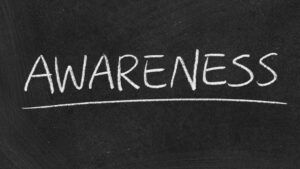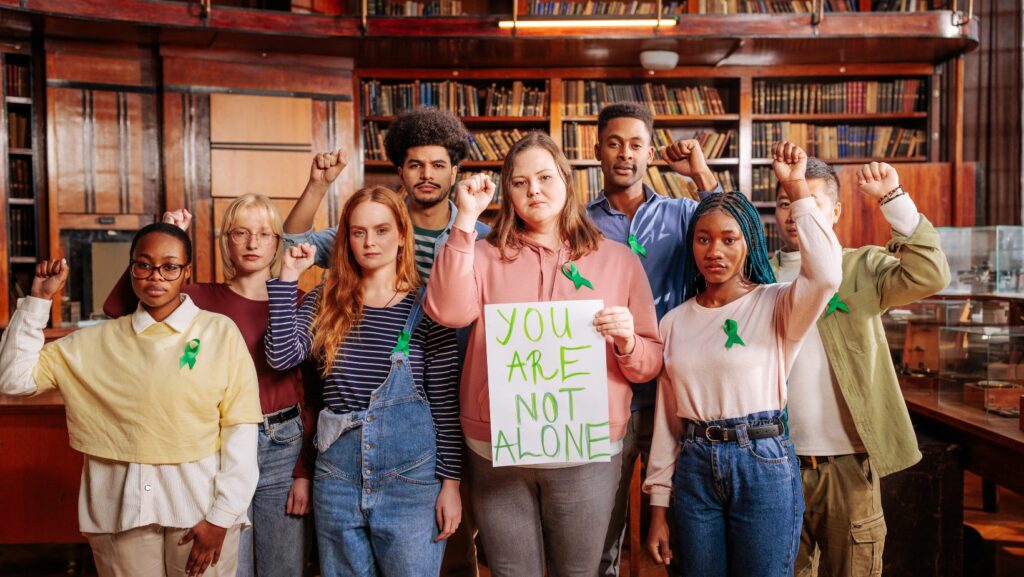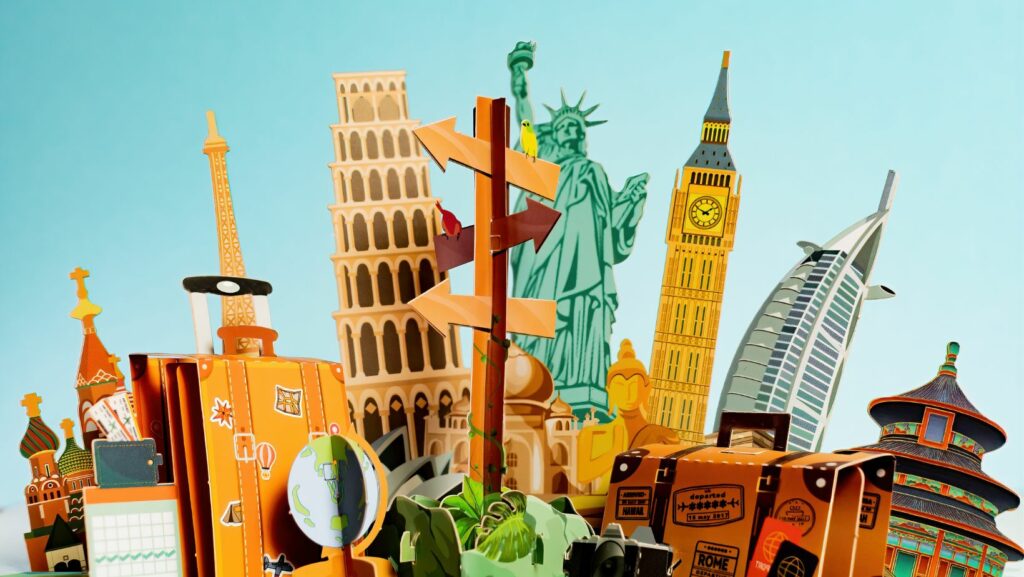Cultural Awareness
Cultural awareness is crucial in today’s interconnected world as it fosters understanding and appreciation of diverse customs, beliefs, and traditions. This understanding bridges gaps, builds connections, and promotes inclusivity across cultures. Its significance lies in enabling effective communication, collaboration, and mutual respect on a global scale, enriching experiences and fostering harmony in a multicultural society. Embracing cultural diversity opens doors to new perspectives and opportunities, emphasizing the need to enhance cultural awareness in navigating the complexities of our diverse world.

Cultural awareness refers to the recognition, understanding, and acceptance of the beliefs, values, customs, languages, rituals, and social norms of different cultures. It is essential in promoting empathy, respect, and tolerance towards individuals from diverse backgrounds. The importance of cultural awareness lies in fostering cross-cultural understanding, effective communication, and successful interactions in diverse settings. By being culturally aware, individuals can navigate cultural differences sensitively, avoid misunderstandings, and build strong relationships based on mutual respect and appreciation.
The concept of cultural awareness has evolved over centuries, influenced by globalization, migration, and technological advancements. Historically, societies were more isolated, with limited interactions between different cultures. As civilizations connected through trade, conquest, and exploration, cultural awareness became increasingly important for peaceful coexistence and trade relationships. In the modern era, cultural awareness has gained prominence due to the interconnected nature of the global economy, international travel, and communication technologies. Understanding the historical context of cultural awareness provides insights into its evolution and emphasizes its significance in today’s diverse and interconnected world.
Key Components of Cultural Awareness
Cultural awareness comprises several key components essential for fostering understanding and appreciation of diverse customs, beliefs, and traditions. These components play a vital role in enhancing global connectivity and promoting inclusivity. Here are the fundamental aspects of cultural awareness:
Self-awareness forms the cornerstone of cultural awareness, as individuals need to understand their own cultural beliefs, biases, and values before engaging with others from diverse backgrounds. It involves reflecting on one’s identity, recognizing personal cultural influences, and acknowledging how these factors shape perceptions and interactions with others. By cultivating self-awareness, individuals can approach cultural differences with empathy and openness, laying the foundation for meaningful cross-cultural exchanges.

An essential component of cultural awareness is the acquisition of knowledge about different cultures worldwide. This involves familiarizing oneself with traditional practices, social norms, communication styles, religious beliefs, and historical backgrounds of diverse cultural groups. By expanding their cultural knowledge, individuals can demonstrate respect for the customs and traditions of others, fostering mutual understanding and collaboration across cultural boundaries. Moreover, a deep appreciation of other cultures enriches personal experiences and promotes cultural diversity in various settings.
Effective intercultural communication skills are vital for navigating diverse cultural landscapes with sensitivity and respect. This component of cultural awareness encompasses the ability to communicate clearly, listen actively, interpret nonverbal cues, and adapt communication styles to ensure mutual comprehension. Developing proficiency in intercultural communication enables individuals to build trust, resolve conflicts, and establish harmonious relationships across cultural divides. By honing these skills, individuals can bridge communication gaps, cultivate cultural sensitivity, and foster meaningful connections in multicultural environments.
Challenges in Achieving Cultural Awareness
Cultural awareness faces several challenges in modern society, hindering its widespread adoption and implementation. These challenges can arise from various sources, including education systems and societal influences, impacting the way individuals perceive and engage with different cultures.
Inadequate education on cultural diversity often serves as a significant barrier to achieving cultural awareness. Educational institutions may lack comprehensive programs that focus on teaching students about various cultures, traditions, and histories. This limitation can lead to a lack of understanding and appreciation for cultural differences, perpetuating cultural insensitivity and ignorance.

Moreover, societal norms and biases can further impede efforts to foster cultural awareness. Preconceived notions, stereotypes, and prejudices held by individuals or reinforced by societal structures can create obstacles in promoting acceptance and understanding of diverse cultures. These barriers hinder the development of empathy and respect towards different cultural backgrounds, hindering the growth of inclusive and harmonious communities.
Misconceptions and stereotypes play a detrimental role in undermining cultural awareness initiatives. When individuals rely on inaccurate or generalized beliefs about specific cultures, they fail to recognize the richness and complexity of diverse societies. Stereotyping leads to misinterpretations, biases, and discriminatory behaviors, reinforcing barriers to meaningful cultural exchange and interaction.



